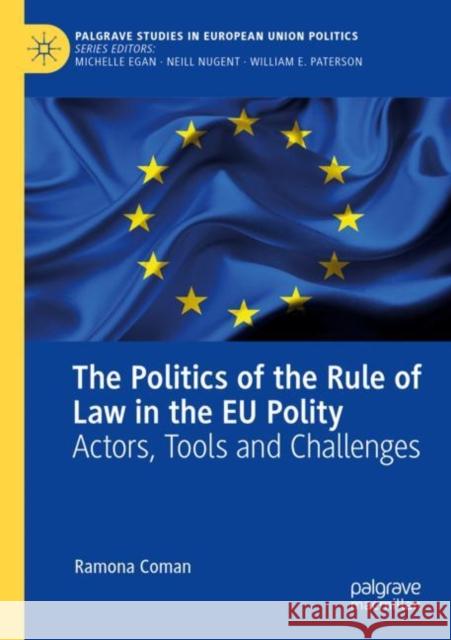The Politics of the Rule of Law in the Eu Polity: Actors, Tools and Challenges » książka
topmenu
The Politics of the Rule of Law in the Eu Polity: Actors, Tools and Challenges
ISBN-13: 9783030973698 / Angielski
The Politics of the Rule of Law in the Eu Polity: Actors, Tools and Challenges
ISBN-13: 9783030973698 / Angielski
cena 483,04
(netto: 460,04 VAT: 5%)
Najniższa cena z 30 dni: 424,07
(netto: 460,04 VAT: 5%)
Najniższa cena z 30 dni: 424,07
Termin realizacji zamówienia:
ok. 22 dni roboczych
Bez gwarancji dostawy przed świętami
ok. 22 dni roboczych
Bez gwarancji dostawy przed świętami
Darmowa dostawa!
Kategorie BISAC:
Wydawca:
Palgrave MacMillan
Seria wydawnicza:
Język:
Angielski
ISBN-13:
9783030973698











